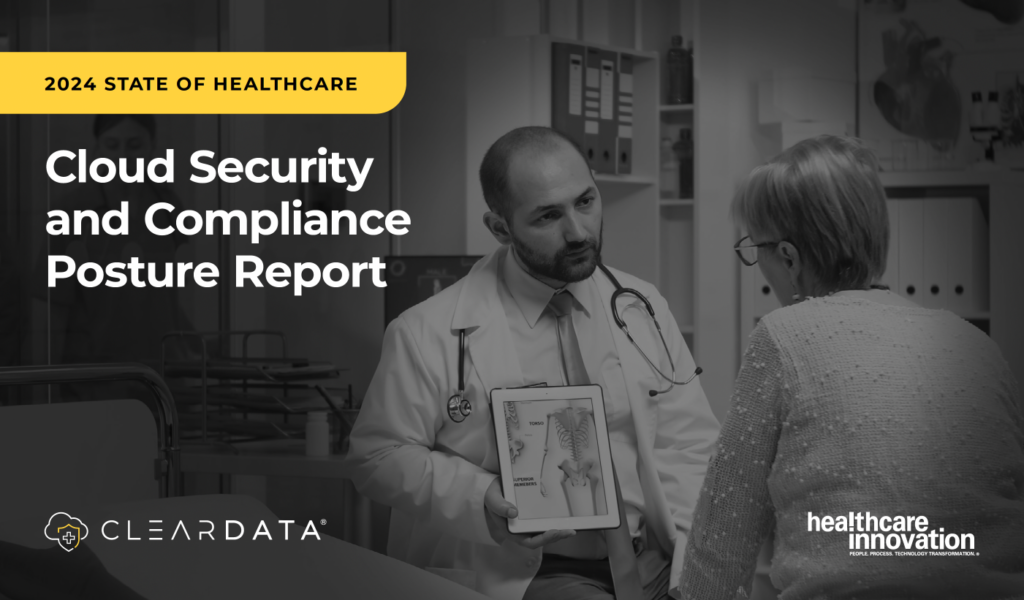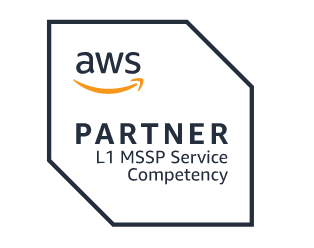Curbing medical errors with the cloud
Medical errors. The term is frightful to everyone involved in healthcare: not just the patients, but the doctors, staff, and administrators as well. A July 2014 Senate hearing on patient safety revealed that medical errors were the third most prominent cause of death in the United States, directly behind heart disease and cancer. Erin McCann of Healthcare IT News reports that these medical errors cost the nation a colossal $1 trillion each year. 400,000 Americans die annually due to these preventable mistakes.
What to make of that number, 400,000? Forbes contributor Dan Munro suggests that the same number of people would be killed if the largest commercial plane, an Airbus A-380, fell from the sky each day throughout the year.
Deaths aren’t the only thing to be concerned about, though. Medical errors also lead to 10,000 major complications daily. It is reported that misdiagnosis affects 12 million patients per year. Why, with all this amazing technology, are medical errors still occurring? Our amazing healthcare IT systems come along with challenges and revolutionary potential, both of which are addressed by the health data cloud.
Challenge – interoperability
Registered nurses specifically mentioned interoperability issues between different systems and devices as a major reason mistakes are made. Their perspectives were collected through a survey by the independent Gary and Mary West Health Institute.
Three in five nurses (60 percent) said that there would be fewer errors if medical equipment was completely integrated and drawing on the same information rather than relying on manual transcription. “I have seen many instances where numbers were incorrectly transcribed or put in reverse or put in the wrong column when typed manually, which can cause errors,” one registered nurse commented in the survey.
Even more shocking: 50percent of RNs told the researchers that they had seen an error occur because hardware was not coordinated. Nurses must often set up digital devices and gauge the information they present; they also must regularly jot down numbers from one device and input them into others if they aren’t interoperable.
Since medical errors are not just a consumer safety issue but are also incredibly costly to healthcare companies, West Health Institute argued that the total savings to be achieved by integrated healthcare infrastructures could reach $30 billion.
How do you solve this interoperability issue? Simple, said Edmund Billings, MD: “Cloud-based interoperability, which has revolutionized travel, banking and shopping, could yield great benefits in healthcare as well.”
Revolutionary potential – EHR & big data
Mansur Hasib of Information Week believes that two basic elements – electronic health records and artificial intelligence – could help to reduce mistakes that occur in healthcare settings. EHR provides consistency to the data (assuming there aren’t interoperability issues resulting in inaccurate information). Artificial intelligence essentially gives local doctors remote access to the knowledge and skill of top-notch doctors.
Data from electronic health records could easily fuel artificial intelligence environments – systems that are becoming smarter every day, as groups of prominent physicians work with tech companies to create AI programs that can provide a seasoned professional opinion related to any treatments or recommendations in real-time. Hasib asserts that access to that broader pool of knowledge will minimize the number of errors that are made in hospitals as the remote AI system can provide an immediately available second opinion.
Since the basic building block of AI is big data, artificial intelligence is just one way healthcare cloud data analytics can be used to improve quality of care. Since healthcare data on a cloud can now be updated within a few minutes of changes in the source systems, it can empower doctors, payers, and national health systems to identify gaps in care, perform prescriptive analytics, provide interventional decision support, optimize treatment plans…the possibilities are limited only by one’s imagination.
Big data is not just about building AI systems but all types of applications to provide clinicians and administrators with a more robust picture of treatments and processes – in turn leading to fewer mistakes and healthier healthcare.
About the Author: Darin Brannan is co-founder and CEO of ClearDATA. He is a veteran cloud computing executive who previously founded Verio, Inc. and Website Pros (Web.com).
Originally published May 26, 2015 at Health IT News
http://www.healthcareitnews.com/blog/curbing-medical-errors-cloud
Topics: Analytics, Cloud Computing, Decision Support, Interoperability, Electronic Health Record (EHR), Big Data


